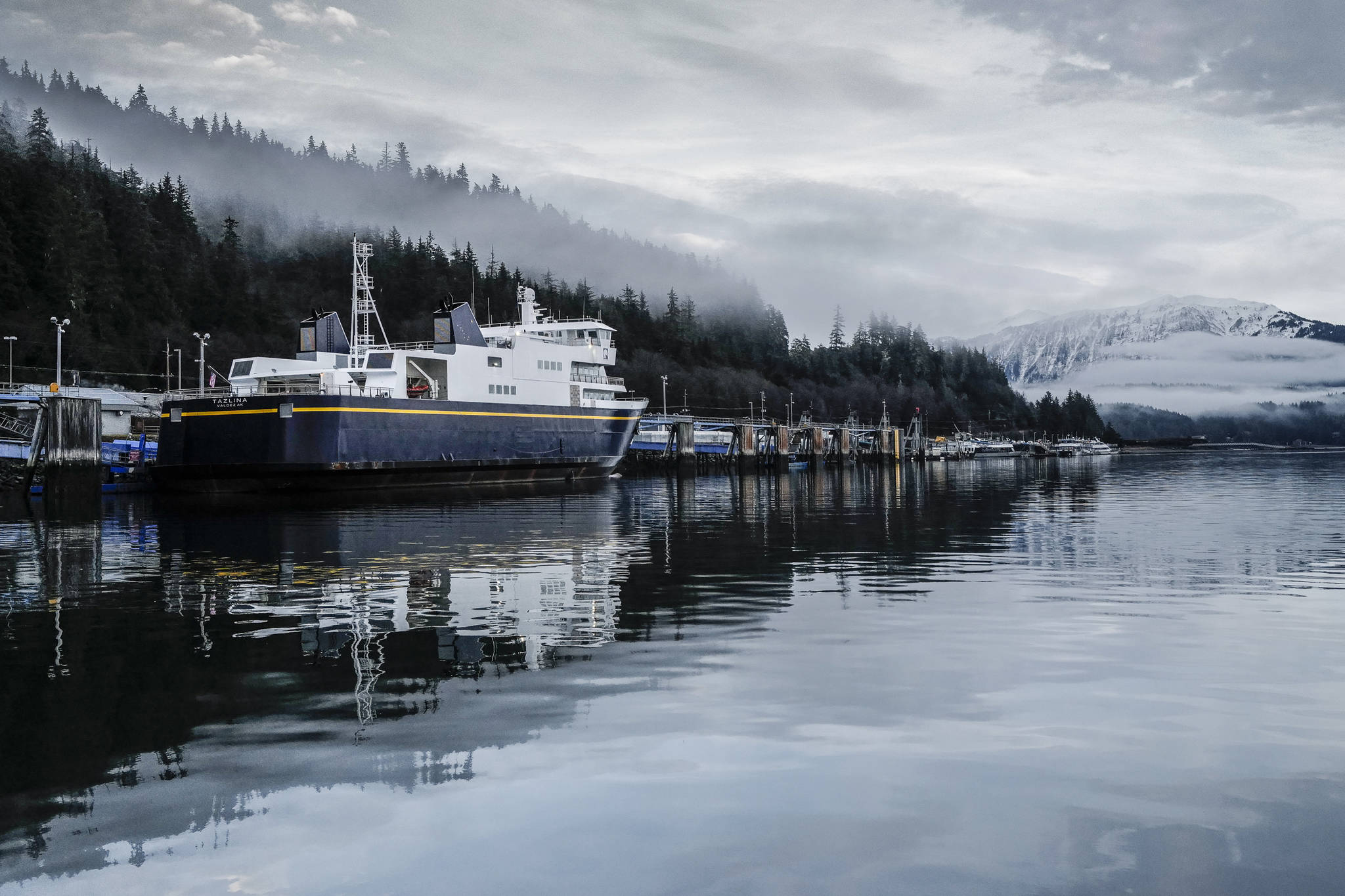An Anchorage-based economic analysis firm on Wednesday released a report saying that multiple public corporations and port authorities should take control of operating the Alaska Marine Highway System.
Northern Economics said in its report that’s the only option that will generate an acceptable profit while still providing affordable service.
“That option required a 5 percent reduction of vessel-based wage rates and 25 percent general increase in fares and other major vessel operation changes that would require renegotiation of union labor agreements,” the report says.
[Five take-aways from the AMHS restructuring report]
The report puts forth 10 other options for the governor’s office and lawmakers to consider.
But one legislator isn’t sure it was worth the wait.
“I think it’s widely incomplete and three months late,” said Sen. Jesse Kiehl, D-Juneau. “I kinda hope the state doesn’t pay for it.”
The firm was contracted in April by the State of Alaska Department of Transportation and Public Facilities to study the restructuring of AMHS, in light of budget cuts. AMHS saw a $40 million budget cut under the Legislature’s 2020 budget, following Gov. Mike Dunleavy’s proposed $98 million in cuts for the system.
Legislators and state officials have been waiting to read the report before taking any substantial action on the ferry system. When Dunleavy vetoed a $5 million appropriation from the Alaska Legislature to provide winter service to some Southeast communities, his summary of the vetoes called the appropriation “premature” before the release of the study.
The report was originally supposed to be released in October 2019, but was twice delayed before its release Wednesday. DOT’s budget for the report was $250,000.
On Wednesday, Kiehl said the report had lots of discussion about reducing wages, but no discussion whether lower pay would cause staffing problems for ferry workers.
The report also left out some communities dependent on the ferries for goods and transportation.
“Klukwan. The word appears twice,” Kiehl said, referring to the small Southeast community roughly 20 miles north of Haines. “You can’t leave ferry-dependent communities out of a discussion about the ferries.”
Given the report was only released Wednesday morning, it’s too soon for anyone to have a nuanced view of the report’s conclusions, Kiehl said. However he hoped that the report’s conclusion that a wholly privatized system wasn’t viable would put that issue to rest.
Many of the report’s suggestions require increased fares and reduced costs, namely in employee wages. The report makes numerous references to re-negotiating union contracts and limiting sailings and work hours.
“When you’re talking about re-negotiating contracts and ending food service, it makes me wonder are they going to have enough people,” said Robb Arnold, vice chair for the Inland Boatman’s Union of the Pacific, the union which covers ferry workers.
The report will need to be reviewed in more detail, Arnold said, but he thinks there are areas to work with.
“There were some good things out of it, with the budget the way it is,” Arnold said. “Things are not like they were (a few years ago). I’m just worried about retention.”
Arnold said he would like to see more engagement with the local communities who depend on the ferry service for supplies and transportation.
The report’s release coincided with the meeting of the Marine Transportation Authority Board in Anchorage Wednesday. Members of the board discussed the report’s findings during the meeting, but no action was immediately taken.
MTAB, the governor’s administration and the Legislature will all review and make their own recommendations about how to move forward, according to the meeting’s supplementary materials.
“There’s a lot of work ahead of us,” DOT Commissioner John MacKinnon said during the meeting. “There are things that will need to be corrected,” MacKinnon said of the firm’s proposals.
A presentation summarizing the report’s findings shown at the meeting is available at the MTAB website.
• Contact reporter Peter Segall at 523-2228 or psegall@juneauempire.com.

